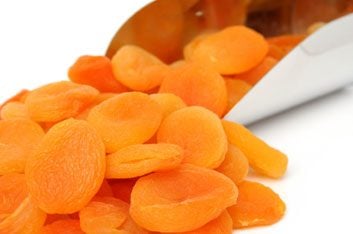
Banana or dried apricots
Both fruits are good sources of potassium. Low levels can cause muscle weakness and cramps.
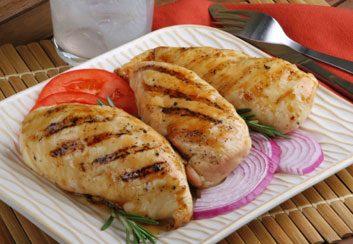
Lean protein
Health Canada recommends women eat 46 grams of protein per day. A 100-g skinless chicken breast has 31 g of protein; 100 g of pork loin has 29 g; and 1/2 cup (125 mL) of tofu has 20 g.
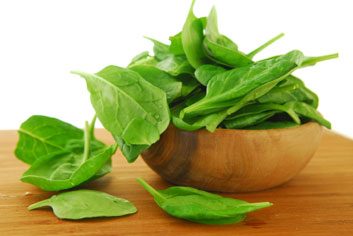
Spinach or sunflower seeds
These are high in magnesium, a mineral with an important role in maintaining muscle health.
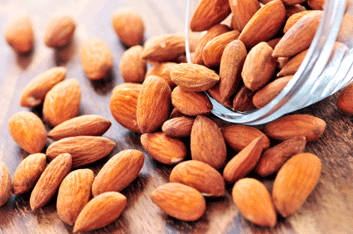
Almonds, soybeans (edamame) or low-fat milk
All these foods contain lots of calcium, which helps muscles contract.
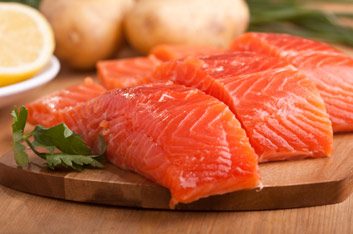
Salmon, sardines or walnuts
These have high levels of omega-3 fatty acids that help the body convert nutrients into muscle proteins.
Related:
• Train like an Olympic athlete
• 10 foods you should eat every day
• 7 ways to make healthier food choices
